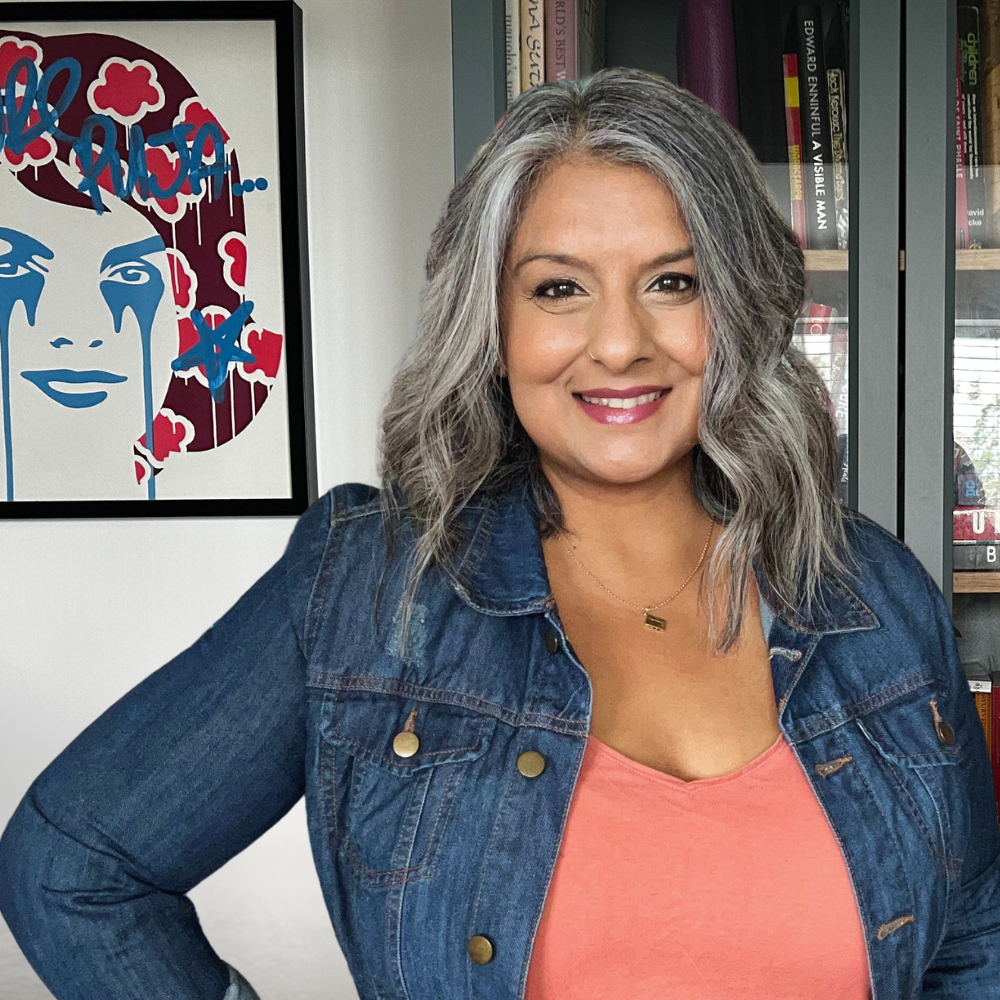
Overcome Self-Limiting Beliefs
Self-limiting beliefs are the internal narratives that tell us what we can or cannot achieve. These beliefs often stem from past experiences, societal conditioning or fear of failure. They can significantly hinder personal and professional growth. However, by adopting a mindset of self-leadership, you can transform these limiting beliefs into empowering ones, paving the way for personal transformation and success.
Understanding Self-Limiting Beliefs
These beliefs are deeply ingrained assumptions about our abilities and potential. They might sound like, “I’m not good enough,” “I’ll never succeed,” or “I’m not worthy.” These beliefs act as mental barriers, preventing us from taking risks, embracing new opportunities and realising our full potential.
Even the most confident individual can doubt their abilities, especially when faced with new or challenging circumstances. In addition, understanding the difference between your limiting beliefs and fear is a crucial element in separating an old narrative from a rational fear.
The Power of Self-Leadership
Self-leadership is the practice of intentionally influencing your thoughts, emotions and behaviours to achieve your objectives. It involves self-awareness, self-regulation and self-motivation. By becoming the leader of your own life, you can challenge and reframe self-limiting beliefs into empowering ones.
- Self-Awareness: The first step in overcoming self-limiting beliefs is to become aware of them. This involves introspection and honest reflection on your thoughts and behaviours. Techniques such as journaling and mindfulness meditation can help you identify the beliefs holding you back.
- Self-Regulation: Once you have identified your self-limiting beliefs, the next step is to regulate them. This means challenging these beliefs and replacing them with positive affirmations. Cognitive-behavioural techniques, such as reframing negative thoughts and practising gratitude, can be particularly effective.
- Self-Motivation: Finally, self-leadership involves motivating yourself to take action despite your fears and doubts. Setting clear, achievable goals and celebrating small victories can help build confidence and momentum.
Ancient Philosophies on Self-Limiting Beliefs
Self-limiting beliefs are not a new concept exclusive to our societies. The effects of self-limitation have been experienced for a long time. Ancient philosophies provide timeless wisdom on how to overcome self-limiting beliefs so that you can embrace personal transformation. I’ve picked three of my favourites that can easily be applied today.
Stoicism
The Stoics believed in the power of rational thinking and self-control. Marcus Aurelius wrote extensively about the importance of examining one’s thoughts and beliefs. He advised, “The happiness of your life depends upon the quality of your thoughts” (Meditations). By cultivating a rational mind and focusing on what is within your control, you can overcome limiting beliefs and achieve tranquillity.
Buddhism
Buddhist teachings emphasise the concept of mindfulness and the impermanence of thoughts. The Buddha taught that suffering arises from attachment to transient thoughts and beliefs. By practising mindfulness and observing your thoughts without judgment, you can let go of self-limiting beliefs and achieve a state of inner peace.
Confucianism
Confucius emphasised self-cultivation and the development of virtue. He believed that personal growth and societal harmony begin with self-improvement. Confucius stated, “The man who moves a mountain begins by carrying away small stones.” This philosophy encourages taking small, consistent steps towards overcoming limiting beliefs and achieving personal transformation.
Practical Steps to Overcome Self-Limiting Beliefs
- Identify Your Beliefs: Write down the self-limiting beliefs you hold about yourself. Reflect on their origins and how they impact your life.
- Challenge Your Beliefs: Question the validity of these beliefs. Ask yourself, “Is this true?” and seek evidence to the contrary.
- Replace with Positive Affirmations: Create positive affirmations that counteract your self-limiting beliefs. Repeat these affirmations daily.
- Set Achievable Goals: Break down your larger goals into smaller, manageable tasks. Celebrate your progress along the way.
- Seek Support: Surround yourself with supportive individuals who encourage your growth and challenge your limiting beliefs.
Overcoming self-limiting beliefs is a journey of self-discovery and personal transformation.
By practising self-leadership and drawing on the wisdom of ancient philosophies, you can reshape your beliefs and unlock your full potential.

Hi, I’m Puja! I’m all about helping driven, purpose-led people create success that actually feels good—without losing themselves along the way.
I mix deep coaching with practical strategies and a soulful perspective to help you thrive in your work, life, and well-being.
This is where I share stories, ideas, and inspiration to spark bold thinking and a more meaningful way of living.
Discover more: SIMPLY WELLBEING SUBSTACK
Registered address: 3rd Floor, 86-90 Paul Street, London, EC2A 4NE
© 2025 Frankly Coaching Ltd.